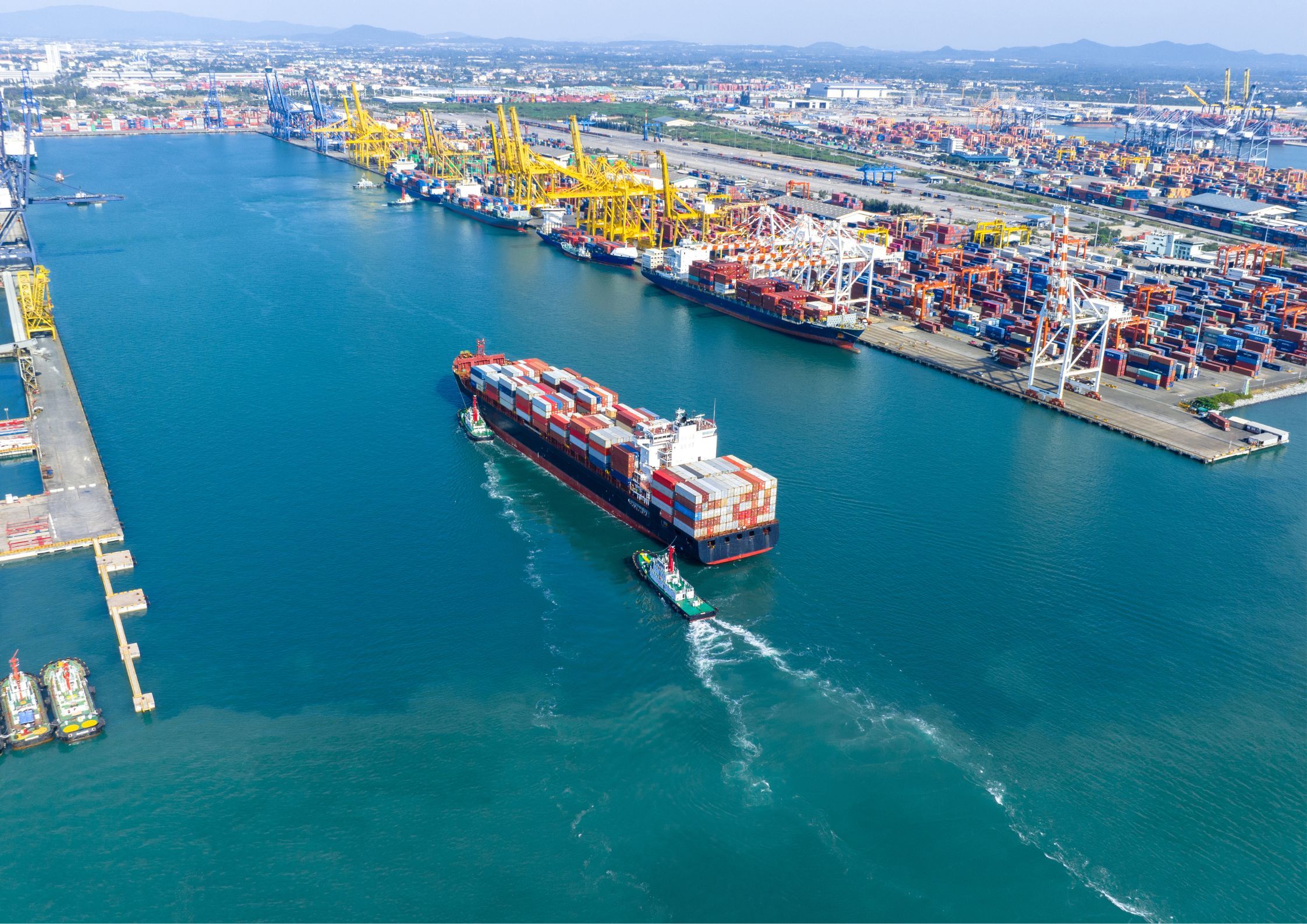Share
Homepage
News
Wave of Cancellations from China: Heavy Fallout from Global Trade Tensions
Wave of Cancellations from China: Heavy Fallout from Global Trade Tensions
19 tháng 4 2025
A growing number of freight ships departing from Chinese ports are being canceled, signaling deeper concerns tied to escalating global trade tensions. Industry insiders are raising alarms as booking rates plummet and shipping routes are abruptly suspended, particularly to major markets such as the United States and Europe.

1. Sharp Decline in Bookings and Freight Rates
In recent weeks, freight forwarders and shipping companies have reported a sharp drop in container bookings from key Chinese ports like Shanghai, Tianjin, and Shenzhen. Despite aggressive capacity cuts — in some cases reducing weekly services by over one-third — shipping rates continue to plunge. The spot rate for a 40-foot container from China to the U.S. West Coast has fallen below $1,800, highlighting an increasingly oversupplied market.
To mitigate financial losses, major ocean carriers have canceled approximately 50 voyages, representing more than 440,000 TEUs in capacity. These blank sailings are symptomatic of an industry scrambling to adapt to waning demand, rising costs, and geopolitical uncertainties.
2. Drivers of the Disruption
At the heart of the cancellations lie multiple overlapping challenges:
Weak Consumer Demand: Economic slowdowns in Western markets, combined with persistent inflationary pressures, have reduced purchasing power and retail inventories, curbing import needs.
Tariff Pressures and Protectionist Policies: The U.S. has unveiled plans to impose port fees on vessels linked to Chinese shipbuilders, in a bid to rejuvenate domestic manufacturing and diminish China's dominance in maritime logistics. This move has been met with sharp criticism from Beijing and raises the risk of retaliatory measures.
Supply Chain Realignments: Many companies are pursuing “China+1” strategies, shifting portions of their production or sourcing to alternative markets such as Vietnam, India, and Mexico. This realignment has contributed to a redistribution of global shipping flows, further weakening outbound volumes from China.
3. Broader Implications for Global Trade
The wave of cancellations underscores the fragility of global supply chains in the face of mounting political and economic uncertainty. While temporary adjustments in shipping schedules are not uncommon, the scale and speed of the current downturn raise concerns about a protracted slowdown in global trade activity.
Experts warn that if trade tensions continue to escalate, disruptions could extend beyond shipping into broader sectors such as manufacturing, retail, and energy. As shipping lines struggle to maintain balance between supply and demand, further volatility in freight rates and delivery schedules is likely.
4. Looking Ahead
Stabilizing global trade will require coordinated diplomatic and economic efforts. Unless trust is rebuilt among major trading partners, particularly between the U.S. and China, the shipping industry may remain trapped in a cycle of uncertainty and reactive cuts.
All information on our website is for general reference only, investors need to consider and take responsibility for all their investment actions. Info Finance is not responsible for any actions of investors.